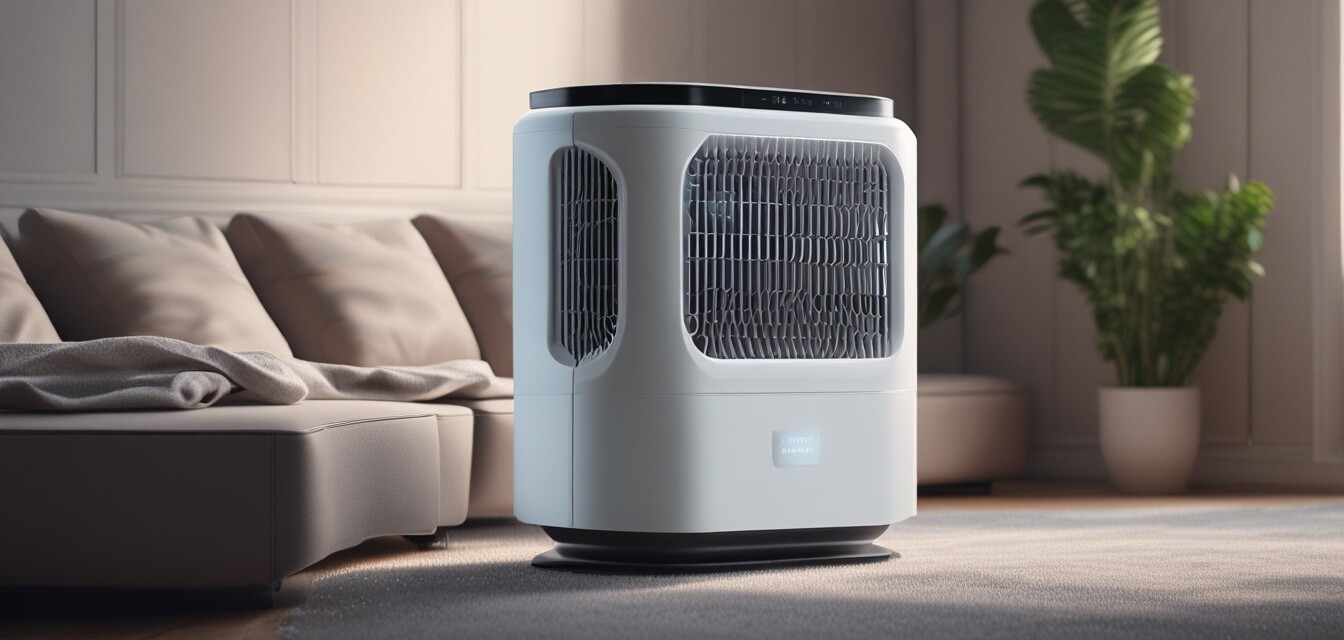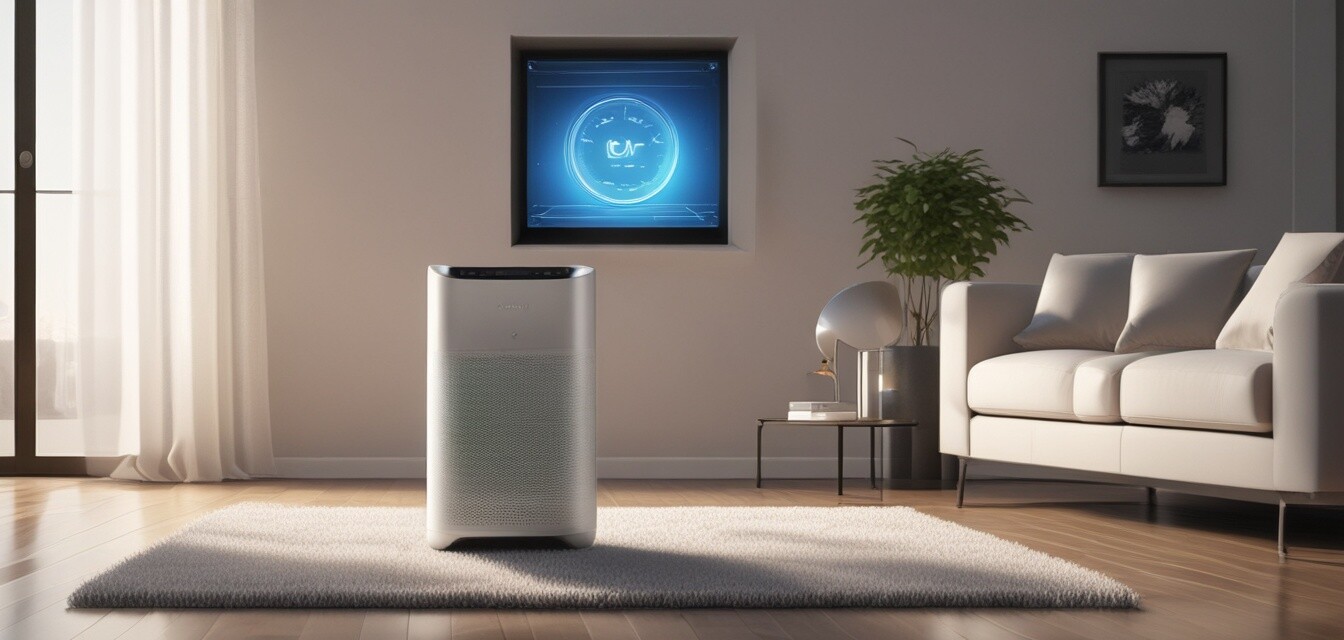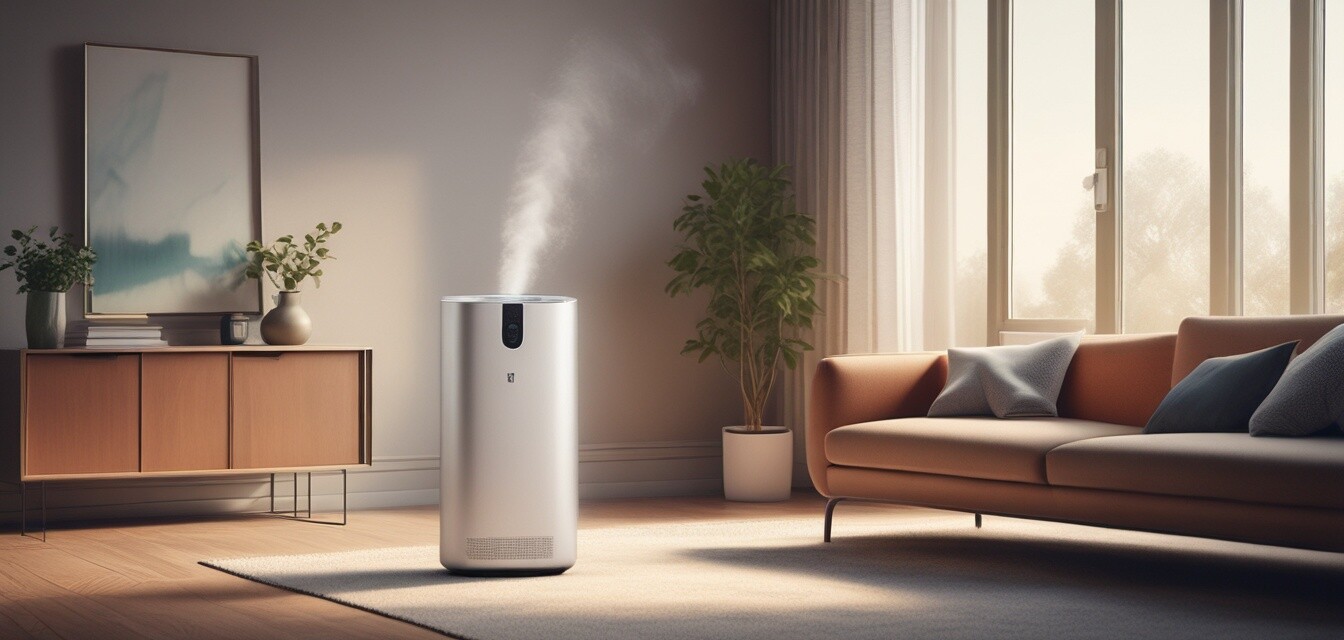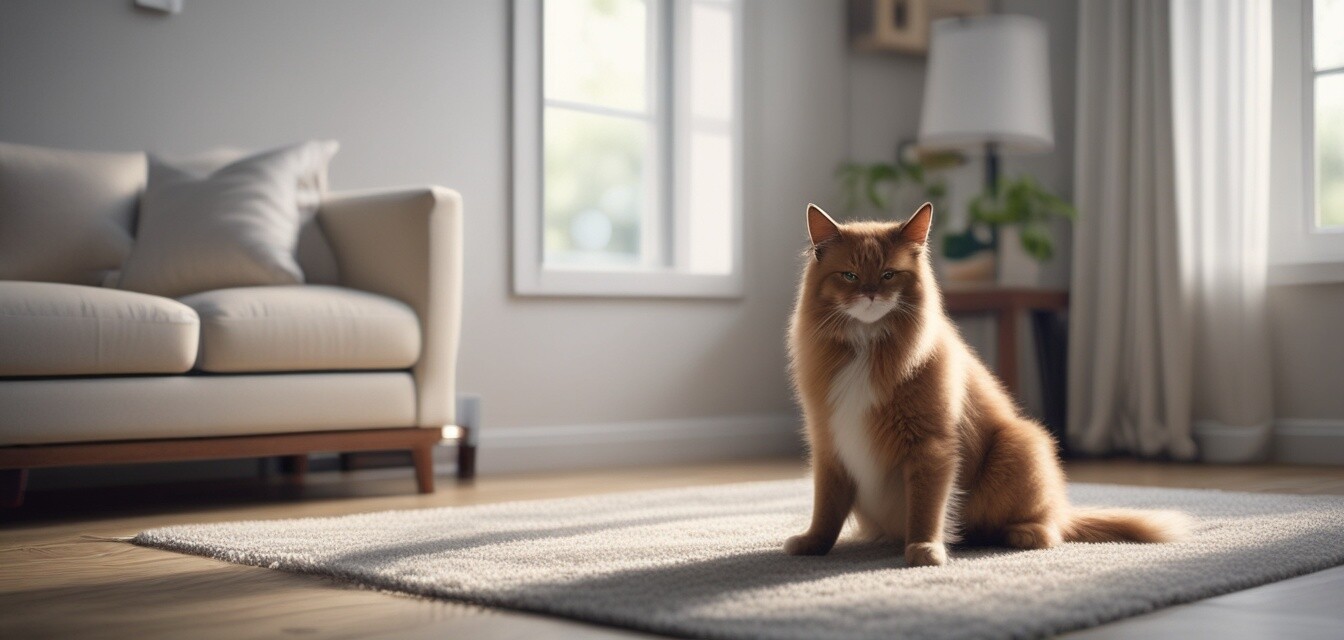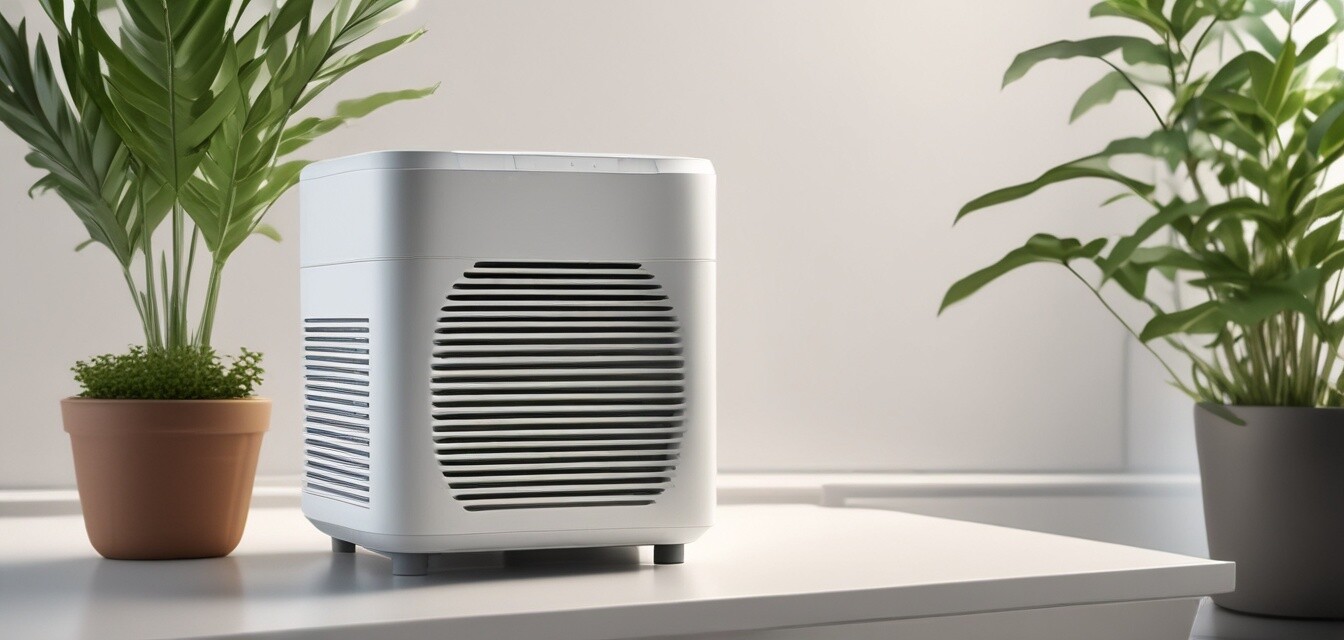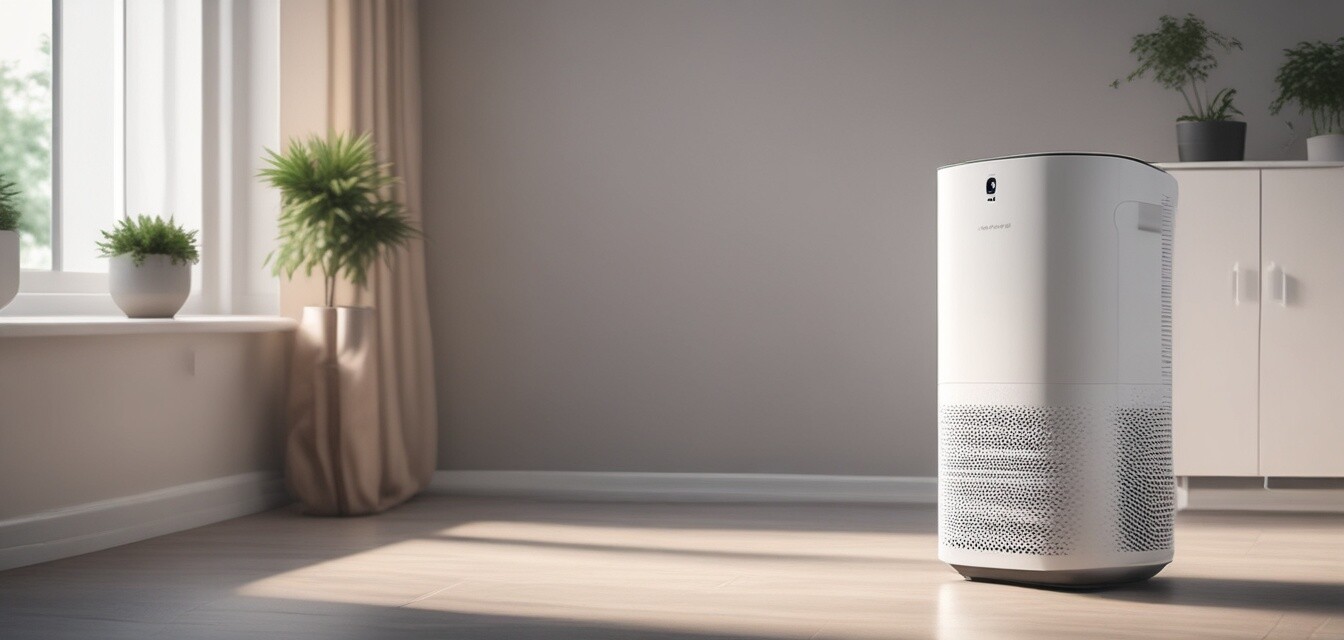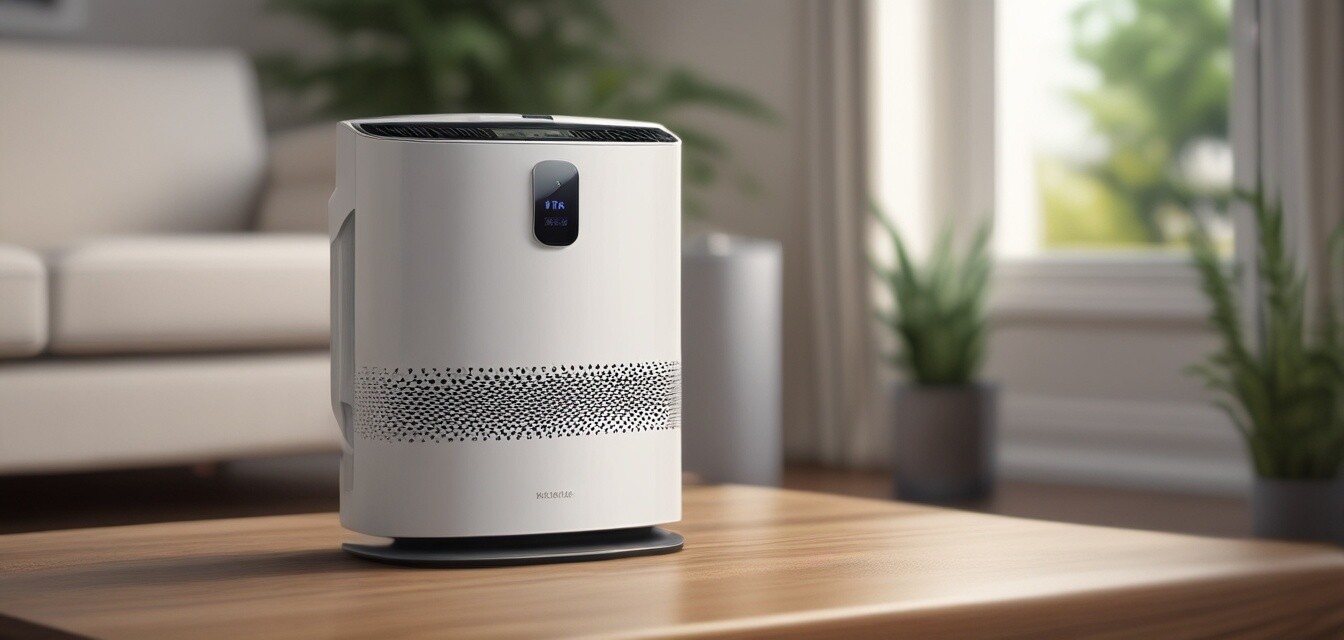
How Air Purifiers Work
Key Takeaways
- Air purifiers utilize various filtration technologies to improve indoor air quality.
- Common types include HEPA, activated carbon, UV, and smart air purifiers.
- They effectively remove dust, allergens, smoke, and odor from the air.
- Regular maintenance and filter replacement are essential for optimal performance.
Understanding how air purifiers work is essential for making informed decisions about improving indoor air quality. Whether you're dealing with allergies, odors, or simply seeking a fresher living environment, air purifiers can significantly contribute to your comfort and health.
The Importance of Indoor Air Quality
Indoor air quality can impact our daily lives significantly. Poor air quality can lead to various issues including allergies, respiratory problems, and general discomfort. Let's explore how air purifiers can help mitigate these issues.
Types of Air Purifiers
There are various technologies and types of air purifiers available on the market. Below is a comprehensive overview of the most popular types.
| Type of Air Purifier | Filtration Technology | Best For |
|---|---|---|
| HEPA Air Purifiers | High Efficiency Particulate Air filtration | Allergies, dust, mold spores |
| Activated Carbon Air Purifiers | Carbon filter+ | Odors, gases, smoke |
| UV Air Purifiers | Ultraviolet light technology | Bacteria, viruses |
| Smart Air Purifiers | App connectivity and monitoring | Real-time air quality management |
How Different Technologies Work
Now let's dive deeper into how these technologies operate within air purifiers.
HEPA Air Purifiers
HEPA filters are designed to trap 99.97% of particles that are 0.3 microns in diameter, making them incredibly effective for allergens.

Activated Carbon Air Purifiers
These air purifiers use activated carbon filters to absorb odors and harmful gases. The porous surface of activated carbon makes it an effective medium for trapping pollutants.
UV Air Purifiers
UV air purifiers use ultraviolet light to kill microorganisms, which helps in sterilizing the air. This technology is particularly useful for households where germs and bacteria are a concern.
Smart Air Purifiers
Smart air purifiers provide advanced features such as app connectivity, real-time air quality monitoring, and programmable settings, enhancing user experience.

Benefits of Using Air Purifiers
- Removes smoke and odors from cooking and pets.
- Reduces dust accumulation in the home.
- Minimizes allergy symptoms by filtering airborne allergens.
- Enhances overall air quality and comfort in the living space.
Maintenance and Tips for Air Purifiers
To ensure that your air purifier functions efficiently, regular maintenance is crucial. Here are some tips:
Tips for Air Purifier Maintenance
- Check and replace filters as recommended by the manufacturer.
- Keep the device clean and free from dust buildup.
- Place the air purifier in a suitable location for optimal airflow.
- Monitor any noise levels and address if the purifying performance seems off.
Common Misconceptions
Many people have misconceptions about air purifiers. Let’s clear up a few:
- Not all air purifiers remove all contaminants – it depends on the filtration technology.
- Air purifiers are not a substitute for good ventilation.
- They require regular filter changes to maintain efficiency.
Conclusion
Investing in an air purifier can greatly improve the quality of the air you breathe at home or in the office. With various technologies available, understanding how each type works will help you make the best choice for your needs.
Pros
- Significantly improves indoor air quality.
- Reduces allergens and irritants effectively.
- Available in various types to suit different needs.
Cons
- Requires regular maintenance and filter replacement.
- Some units can be noisy during operation.
- Initial cost can be high for advanced models.
Further Reading
For more information on air purifiers, consider checking out some of our other resources:
- HEPA Air Purifiers
- Activated Carbon Air Purifiers
- Smart Air Purifiers
- Pet Air Purifiers
- UV Air Purifiers

